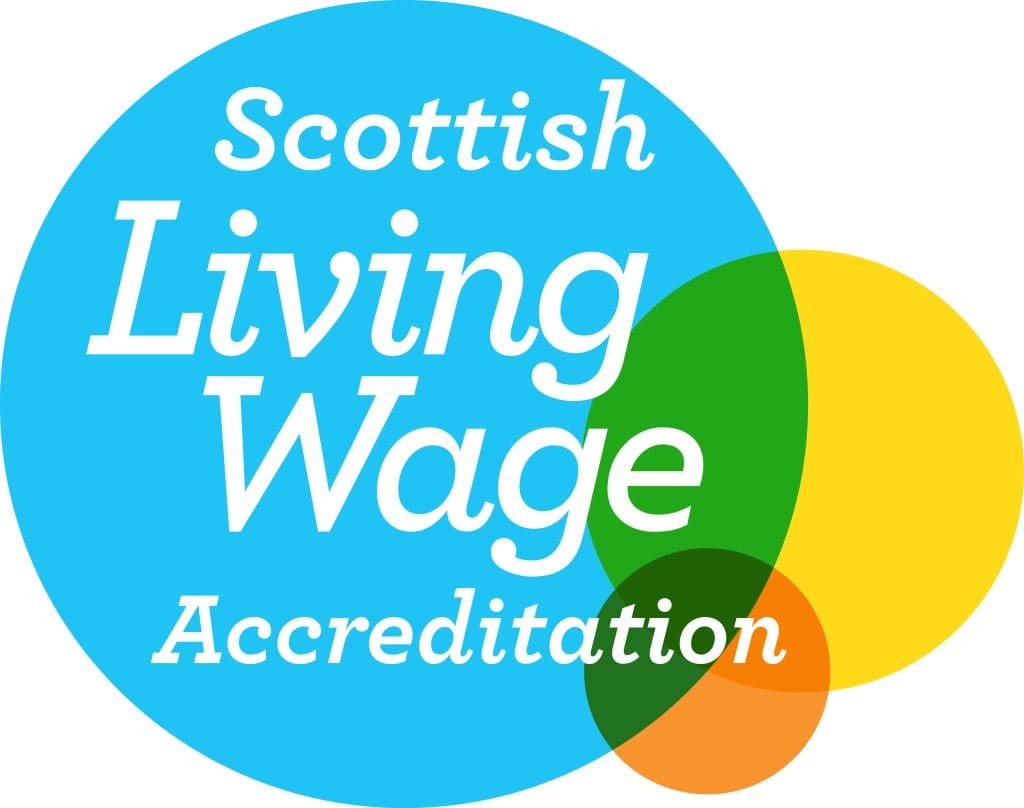Here are the main points that we took away from the report:
It found that EO triggered fundamental enhancements to companies’ productivity, resilience and decision-making. But the advantages reach well beyond the confines of the businesses themselves, creating a virtuous circle for local, regional and national economies as more firms adopt the model.
EO offers a meaningful response to our many fundamental economic challenges and does so by starting with a focus on the value and experience of the individual at work. It builds outwards from that nucleus to shepherd the creation of dynamic, successful firms that, together, drive a robust – and genuinely inclusive – national economy.
EO encourages employees to work smarter and deepen their contribution to their organisations as they think and act like owners. By securing higher employee engagement, EO brings workers together in a joint effort to innovate to both improve the efficiency of businesses and to find solutions for difficulties that a company may be experiencing.
Evidence shows that the extra empowerment can give EOB staff significant wellbeing benefits – their tangible role in decision-making and strong networks of interpersonal trust bringing greater job satisfaction and emotional rewards.
EO is a powerful employee motivator. The evidence from the Inquiry panel is clear that EO is highly likely to encourage staff to:
- show greater motivation
- act on their own initiative
- work collectively to improve the fortunes of the firm as a whole
The Inquiry noted that the transition to employee ownership is associated with rapid improvement in productivity, often driven by employees taking initiative, and implementing changes in work practices that reduce waste and improve efficiency.
EO roots















